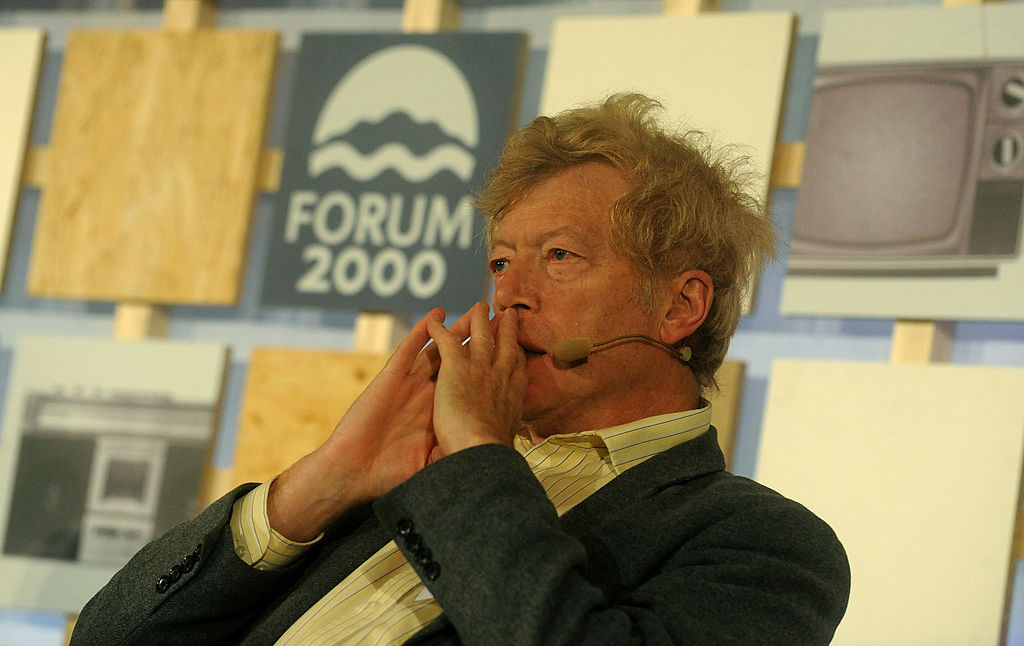The New Statesman has apologised to Sir Roger Scruton. In a statement published on its website, the magazine has admitted that in April this year its deputy editor, George Eaton, tweeted out ‘partial quotations’ from an interview with the philosopher ‘including a truncated version’ of a quotation. The New Statesman has further admitted that the effect of this quote-tampering was that:
The views of Professor Scruton were not accurately represented in the tweets to his disadvantage. We apologise for this, and regret any distress that this has caused Sir Roger.
It is good of the New Statesman to finally admit what any fair observer has known for months. And to catch up with what I revealed on the cover of The Spectator magazine three months ago. Which is that Eaton misrepresented statements by Sir Roger Scruton which led to his immediate sacking from his unpaid government appointment. This sacking was carried out by the relevant government minister, the otherwise irrelevant James Brokenshire.

I do not doubt that the New Statesman feels ‘regret’ at ‘any distress’ that Eaton’s reporting has caused. And it is good to finally admit its reporter’s errors. But at least three very serious questions remain unaddressed.
The first is the impact that this had on Sir Roger’s career and reputation. It is all very well for the New Statesman, under pressure, to admit what everybody else has been able to see for months. But Eaton’s reporting led to Scruton being sacked from his government appointment. What will now be done to make up for this? Indeed what are James Brokenshire or this nominally conservative government of ours going to do, now that it is clear that Scruton was sacked on the basis of what Eaton how accepts are misquotations.
Secondly, what of the other papers and media which ran news reports about Scruton’s alleged quotes? Will these newspapers also realise that they were misinformed by Eaton and that as a result of quotes the New Statesman no longer stands behind, these papers in turn published falsehoods?
Finally, what of George Eaton himself? After a certain amount of sabbatical, he appears to still be on the staff of the New Statesman, though his Twitter bio now describes him as being a mere ‘assistant editor’. Is there any meaningful distinction in this tumble from deputy to assistant? If so it is hard to see.
All of which is of course a prime example of why so many people have come to distrust the media. A journalist at a leading British magazine has been allowed to misrepresent quotes, as a result of which someone has been sacked. The magazine has had to issue a public apology over the conduct of its own reporter. And yet what happens to him? Nothing. The journalist has been allowed to remain on the staff of the magazine, with the still-lofty title of assistant editor. Which speaks volumes about the importance placed on truth and accuracy.
I feel for the other journalists at the New Statesman, who may well think that if they had acted as Eaton did, they’d be out in a shot. How will they now persuade anyone to give them an interview, since their assistant editor has been allowed to indulge in misquotation without any meaningful repercussion? So long as George Eaton remains in the magazine, he will embody its compromised values and a new nadir for British journalism as a whole.







Comments